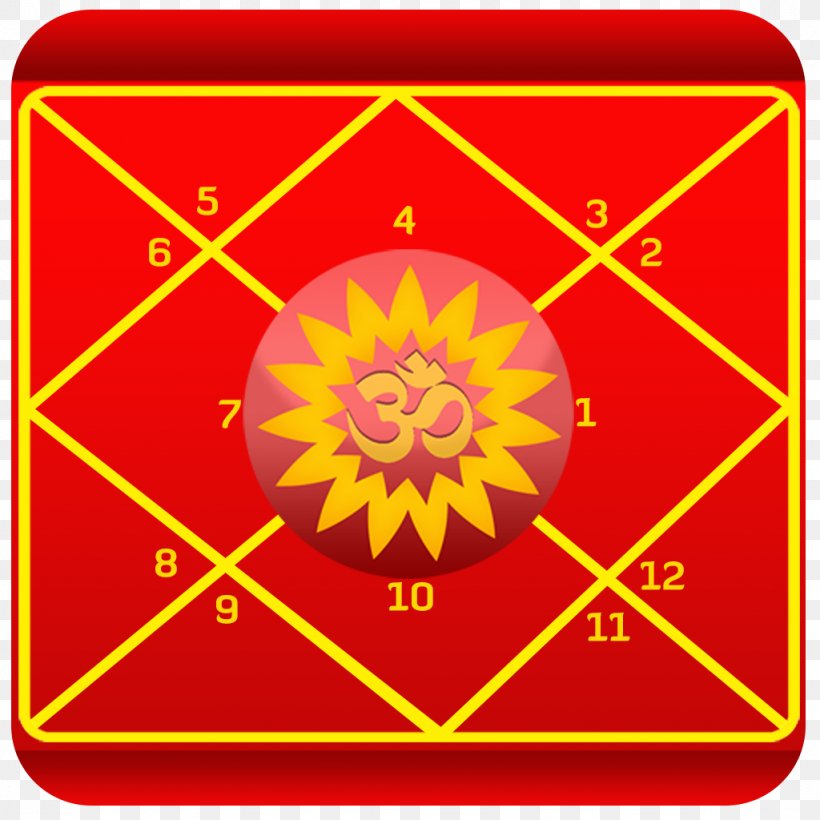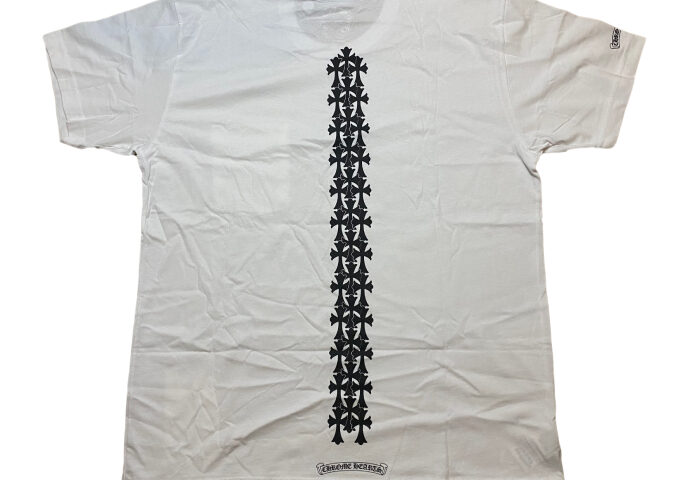Introduction
In the tapestry of Indian culture, where tradition intertwines with modernity, Kundli Matching stands as a timeless ritual, believed to unveil cosmic compatibility between prospective partners. However, in an era marked by rapid societal transformation and scientific advancement, the practice of Kundli Matching has come under scrutiny, prompting a reevaluation of its relevance and efficacy. Let’s embark on a journey to explore the modern perspectives, scientific critique, and regional variations that shape the landscape of Kundli Matching today.
Modern Perspectives on Kundli Matching
- Shifting Paradigms: In contemporary times, the landscape of relationships has undergone a profound transformation, with individuals seeking autonomy and agency in matters of the heart. As such, the traditional approach to Kundli Matching, rooted in astrological precepts and familial traditions, is met with skepticism by a growing segment of the populace. Modern perspectives advocate for a nuanced understanding of compatibility, encompassing emotional intelligence, shared values, and mutual respect, alongside astrological considerations.
- Cultural Adaptation: In the age of globalization, where cultural boundaries blur and intercultural unions thrive, the practice of Kundli Matching undergoes a process of cultural adaptation. Couples from diverse backgrounds navigate the intricacies of Kundli Matching, reconciling traditional beliefs with contemporary sensibilities. While some embrace the ritual as a nod to cultural heritage, others view it through a lens of pragmatism, weighing its significance against personal convictions and societal norms.
- Gender Dynamics: The evolution of gender dynamics in modern society catalyzes a reexamination of traditional gender roles and expectations within the context of Kundli Matching. As women assert their autonomy and agency in marital decisions, the patriarchal underpinnings of Kundli Matching come under scrutiny. Modern perspectives advocate for egalitarian partnerships, characterized by mutual respect and shared responsibilities, transcending conventional notions of compatibility based solely on astrological parameters.
Scientific Critique of Kundli Matching
- Skepticism and Rational Inquiry: In an age governed by empirical evidence and rational inquiry, the practice of Kundli Matching encounters skepticism from proponents of scientific rationalism. Critics argue that the principles of astrology lack empirical validation, relegating Kundli Matching to the realm of pseudoscience. As such, the purported efficacy of Kundli Matching in predicting marital compatibility is questioned, prompting a critical reassessment of its validity and utility in contemporary society.
- Confirmation Bias and Subjectivity: Critics of Kundli Matching highlight the inherent pitfalls of confirmation bias and subjective interpretation that pervade astrological practices. The process of Kundli Matching relies on the subjective assessment of astrologers, susceptible to personal biases and cultural influences. Moreover, the tendency to cherry-pick favorable interpretations and disregard contradictory evidence undermines the credibility of Kundli Matching as a reliable predictor of marital compatibility.
- Alternative Paradigms: In the quest for scientific rigor and empirical validation, alternative paradigms emerge to challenge the traditional tenets of Kundli Matching. Psychometric assessments, compatibility algorithms, and relationship counseling offer modern alternatives rooted in psychological principles and empirical research. These approaches prioritize compatibility based on personality traits, communication styles, and shared values, providing a pragmatic framework for assessing marital compatibility devoid of astrological conjecture.
Regional Variations in Kundli Matching
- Cultural Diversity: India’s rich tapestry of cultural diversity engenders a myriad of regional variations in the practice of Kundli Matching. From the Vedic traditions of North India to the Dravidian customs of South India, each region imbues Kundli Matching with its unique cultural nuances and astrological interpretations. Regional variations encompass diverse rituals, astrological techniques, and familial customs, reflecting the kaleidoscopic mosaic of India’s cultural heritage.
- Rituals and Ceremonies: The ritualistic aspect of Kundli Matching varies across regions, with each community adhering to distinct customs and ceremonies. In North India, the ritual of Kundli Matching is often accompanied by elaborate ceremonies and festivities, symbolizing the union of two families. Conversely, in South India, the emphasis may be placed on astrological consultations and compatibility assessments conducted by family elders or astrologers, with less emphasis on elaborate rituals.
- Astrological Techniques: The practice of Kundli Matching encompasses a diverse array of astrological techniques and methodologies, varying across regions and cultural traditions. While some regions prioritize the alignment of celestial bodies and planetary positions, others may place greater emphasis on numerological calculations, palmistry, or face reading. Regional variations in astrological techniques reflect the cultural ethos and astrological predilections prevalent in each community.
Conclusion
In the ever-evolving landscape of relationships and cultural dynamics, Kundli Matching navigates the currents of tradition, modernity, and scientific inquiry. As we embrace the plurality of perspectives that shape the practice of Kundli Matching, we embark on a journey of introspection and cultural exchange, transcending boundaries of time and space. Whether viewed through the prism of tradition, skepticism, or cultural diversity, Kundli Matching remains a cornerstone of Indian matrimonial customs, weaving the threads of destiny and love into the fabric of shared lives.





